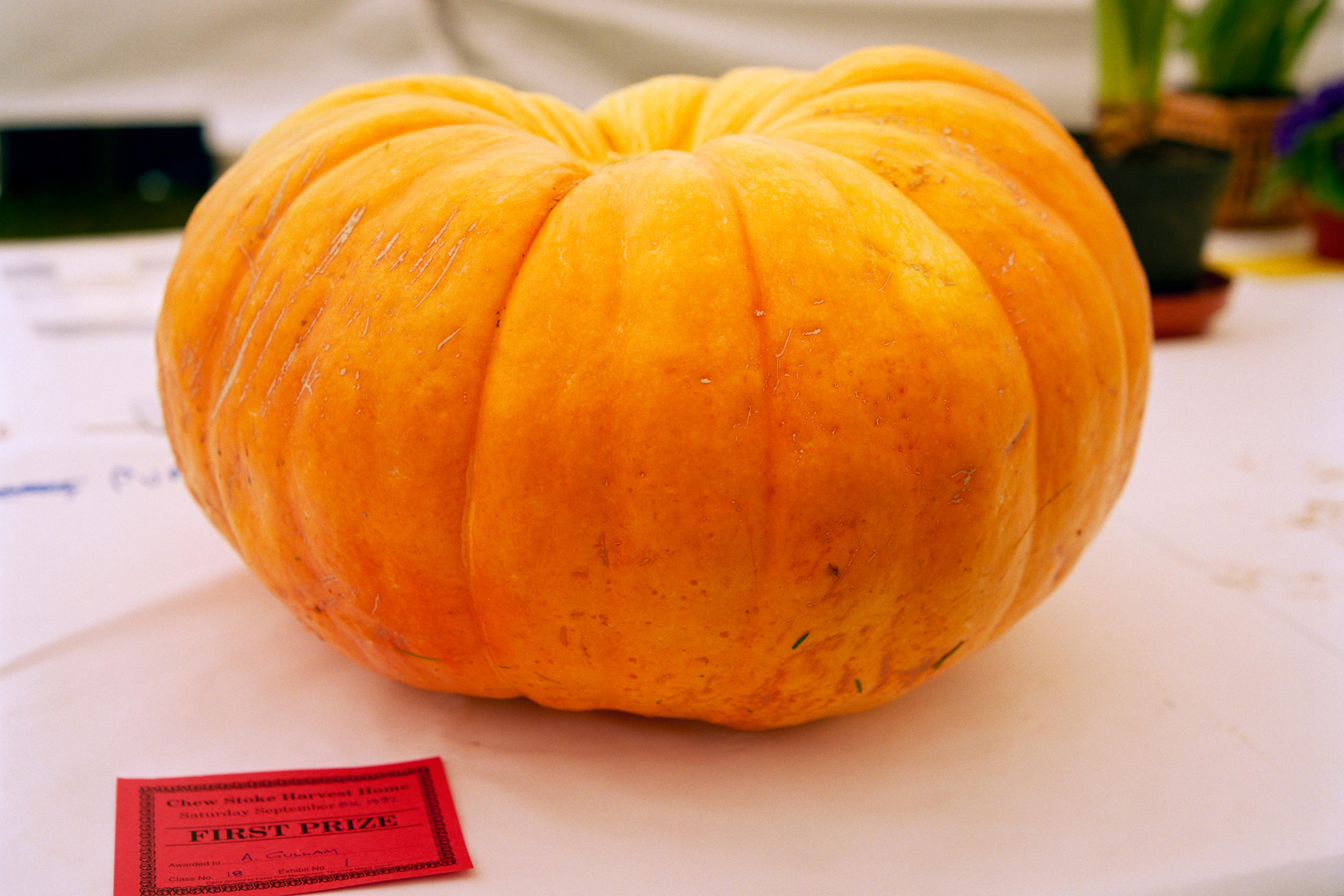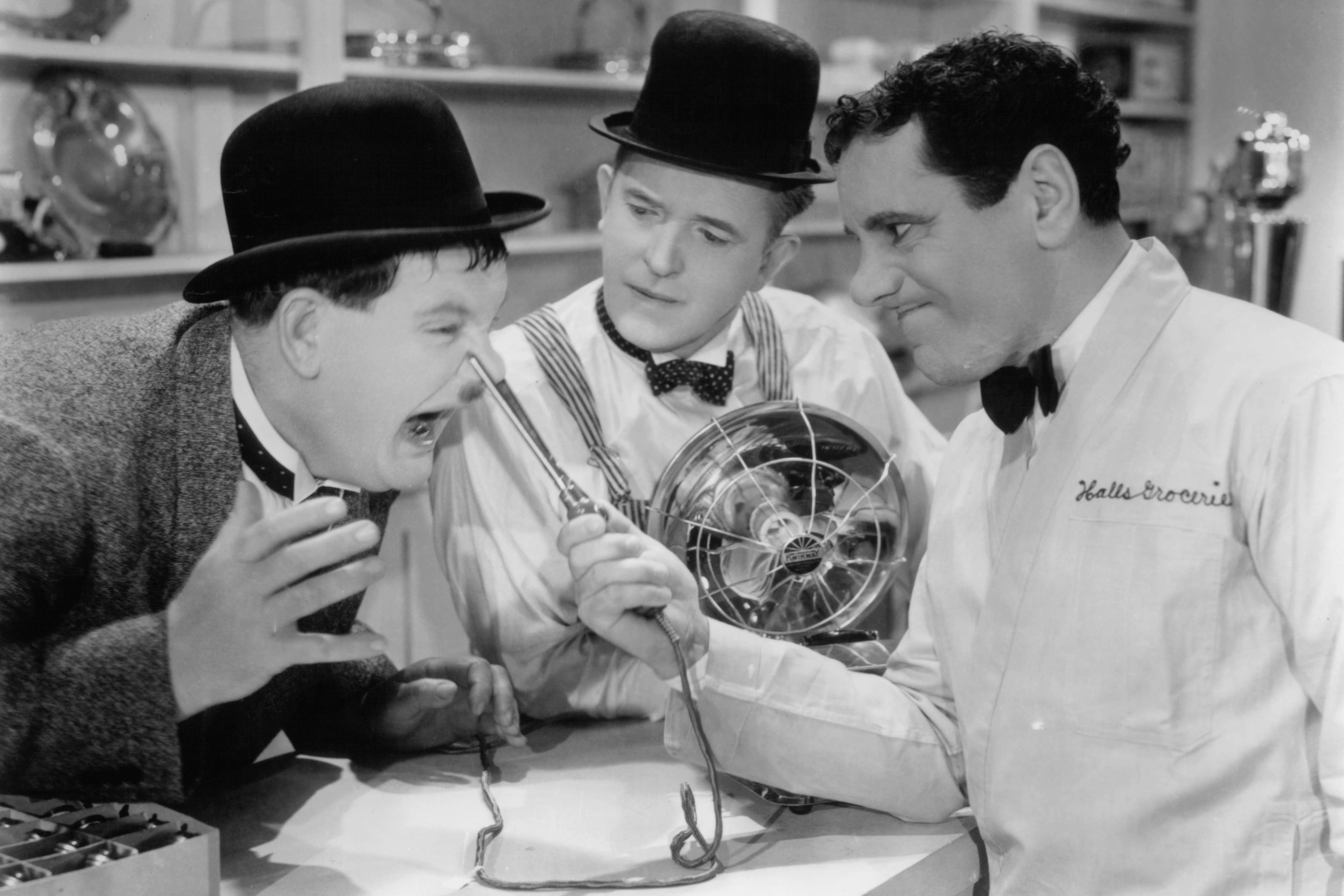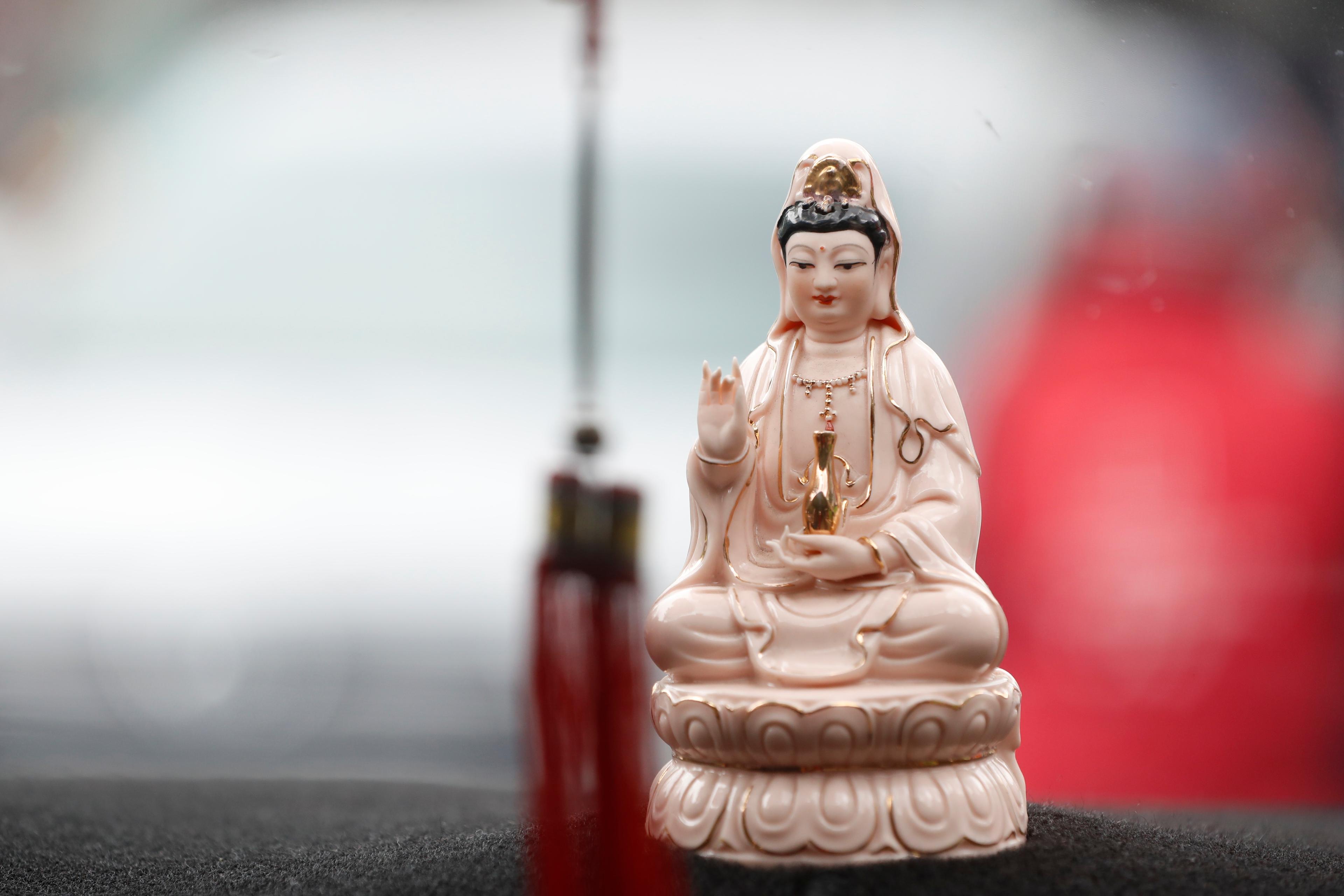Most of us are sad when we see someone who is sad. It’s called empathy or, a slight variant, sympathy. But what about those times, rarely acknowledged in public – or even to oneself – when we feel glad about someone’s disappointment, distress, even pain? I’m not thinking here of taking pleasure in causing pain (sadism), or indifference to another’s distress (psychopathy) but rather the typically private, yet remarkably widespread feeling of satisfaction, even joy, upon seeing or learning about someone else’s troubles.
You don’t have to know the meaning of schadenfreude (pronounced ‘shaw-den-froy-da’) to know the feeling. The word derives from the German Schaden (harm or pain) plus Freude (joy), compounded to mean ‘taking pleasure in the pain of another’. There is an equivalent English word, ‘epicaricacy’, which originated in the 18th century but evidently died there. The experience, however, persists. Like it or not – and most people don’t – schadenfreude is widespread, perhaps a cross-cultural human universal that has become so well known to English speakers that it is often Anglicised into lower case: our own word for our own feeling.
Nor is schadenfreude, the emotion, uniquely Western or modern. The comparable phrase ‘xing zai le huo’ occurred in 4th-century BCE China, and is still used in contemporary Mandarin. Lucretius, in De Rerum Natura (On the Nature of Things), wrote that ‘it is pleasant to watch from land the great struggle of someone else in a sea rendered great by turbulent winds.’
There is something disreputable, hence embarrassing, about admitting to feeling good when someone else feels bad, but emotions and inclinations (jealousy, envy, impulsiveness) don’t go away just because we aren’t proud of them. Schadenfreude might even have biological adaptive significance, because the key evolutionary concept of fitness is based on relative success, calculated as a fraction whose numerator is the subject’s reproductive performance, with the denominator based on the larger population. A fitness of 1.0 thus indicates equilibrium; less than 1.0 means reduced fitness; and greater than 1.0, enhanced fitness. Hence, fitness isn’t increased only when personal success increases, but also when that of others goes down – especially if those others aren’t genetic relatives. And so, a case can be made that another’s distress or decline can work to one’s benefit. Maybe that’s part of why schadenfreude is so widespread. There is no evidence, on the other hand, that a rabbit jumps for joy when another bunny slips on a banana peel.
Schadenfreude is especially evocable when people have caused pain and discomfort
Personal disclosure: I don’t take pleasure in the ill fortune of my family or friends, or – I’d like to think – of humanity in general. My interest in schadenfreude was piqued, however, when I realised that I’ve been following, with eager enthusiasm, accounts of Donald Trump’s financial and legal travails. Trump’s daily affairs don’t impact my evolutionary trajectory, but the capacity for schadenfreude is likely deeply embedded in my psyche, as in others.
When Trump was fined for having violated a gag order during his criminal hush-money trial earlier this year, the US comedian Stephen Colbert observed: ‘The judge lamented that that is the most he could legally fine him, warning that if Trump keeps violating the gag order, “jail may be a necessary punishment”. I don’t know if it’s necessary for Trump,’ Colbert added, ‘but I need it.’ So do many of us.
This need may be especially acute, and schadenfreude especially evocable, when people, even those outside one’s private ambit, have caused pain and discomfort. And my distaste for Trump, based on both his policies and his personal behaviour, is such that he has caused me substantial pain and discomfort, so any reciprocal pain and discomfort he experiences seems not just poetic justice, but legal, social and even biological justice as well.
At the same time, there is research evidence that the propensity for schadenfreude varies inversely with one’s self-esteem, which makes sense insofar as individuals who are better off are less diminished by the success of others, hence they can afford to be more indifferent. They aren’t impacted by how those ‘below’ them might fare, and therefore they aren’t better off if those individuals experience bad fortune. The converse also obtains: because of their vulnerability or powerlessness, those who are less successful are more liable to be threatened by others and therefore more buoyed by their distress.
It is noteworthy that the Inferno has long enjoyed greater popularity than the Paradiso
Insofar as there is a justice-based underpinning to schadenfreude, it may well contribute to the widespread insistence that malefactors be punished, and the satisfaction that so many feel when bad guys get what, in the mind of the schadenfreude-prone, they deserve. It also powers the classic Hollywood ending in which justice triumphs, evildoers suffer for their crimes, and the viewer feels good. But, justice aside, the experience is so familiar that in the song ‘Schadenfreude’ from the musical Avenue Q, theatregoers got to laugh at their own self-recognition:
Right now you are down and out
And feeling really crappy.
And when I see how sad you are
It sort of makes me happy …
The singer goes on to enumerate examples, such as ‘straight-A students getting Bs / Exes getting STDs …’
The early church father Tertullian, who wrote extensively about hell in the 2nd century after Jesus, maintained that one of the heavenly rewards awaiting good Christians was to delight in witnessing forever the suffering of the damned – among whom Tertullian included essentially anyone who disagreed with him. A 12th-century text, the Vision of Tundale, enjoyed great currency in its day, in large part (one suspects) because of its explicitly horrifying images of the tribulations of those who have transgressed, a kind of theologically blessed schadenfreude. It isn’t clear whether Dante was expressing his own schadenfreude as he detailed the exquisite agony of those dwelling in hell, but it is noteworthy that the Inferno has long enjoyed greater popularity than either the Purgatorio or the Paradiso, although all three sections are written with comparable artistic genius – testimony to, if not Dante’s schadenfreude, then our own.
On balance, however, schadenfreude hasn’t gotten a good press. It even evoked a Biblical critique and warning: ‘Rejoice not when thine enemy falleth, and let not thine heart be glad when he stumbleth: Lest the LORD see it, and it displease him, and he turn away his wrath from him.’ For all his glum pessimism, Arthur Schopenhauer was similarly not a fan, describing schadenfreude as humanity’s most evil emotion: ‘To feel envy is human, to savour schadenfreude is diabolic.’
Regardless, it is neurologically replicable. An fMRI study in 2011 of both New York Yankee and Boston Red Sox baseball fans – legendary rivals – found that the pleasure centres of group members lit up when the other team experienced a setback. Similarly, a different fMRI study from 2006 revealed positive activation of brain regions when subjects were presented with punishment of those represented as perpetrators. It may be noteworthy that this same study found that men are more prone to this effect than are women.
Schadenfreude is also the backbone of much physical comedy, fundamental to nearly every episode of The Three Stooges, and frequenting the work of Charlie Chaplin. Why else do people enjoy pratfalls and pies in the face? The literal slapstick is centuries old, a wooden device whose hinged parts bang together causing a loud noise (but no actual pain) when striking a victim. Punch and Judy shows would be bereft without their appeal to schadenfreude.
Mudita embraces the unselfish joy that comes from perceiving another’s happiness or success
Funerals aren’t just ways of expressing shared sadness and respect for the departed. They also provide opportunities for relief and even – dare it be said – a kind of secret pleasure that what befell the deceased has not happened to those attending the ceremony. In his book When Bad Things Happen to Good People (1981), the US rabbi Harold Kushner described schadenfreude as the ‘relief we feel when something bad happens to someone else instead of to us’, explaining that people normally ‘don’t wish their friends ill, but they can’t help feeling an embarrassing spasm of gratitude that [something bad] happened to someone else and not to them.’
It is easier to justify schadenfreude when ill fortune befalls someone who, one is convinced, deserved it. But Kushner puts his finger on the unseemly although nevertheless ubiquitous relief when someone else’s trouble italicises their problem (including, by extension, their death), and not ours.
What about inverting schadenfreude to reflect an equally unpleasant emotion? Let’s call this make-believe word ‘freudenschade’, to mean ‘unhappiness when someone else is happy’. Or, since we’re on a puckish roll here, we might try the more positive ‘freudenfreude’, which would suggest ‘happiness when someone else is happy’. There is, in fact, an actual word from Pali and Sanskrit that refers precisely to this emotion: mudita. It bespeaks a Buddhist practice that is consistent with that philosophy/religion’s focus on compassion, but goes a bit further, encompassing benevolence toward others. Mudita embraces the unselfish joy that comes from perceiving another’s happiness or success, schadenfreude turned on its head. The paradigmatic and readily accessible Western experience is parents’ response to an offspring’s accomplishment and flourishing. The Yiddish word nachas sums up this feeling as well.
And so, dear reader, now that we’ve brought schadenfreude out of the shadows, what to do about it? One possibility is to celebrate this ubiquitous reaction when we experience it, since, after all, it’s ‘natural’. On the other hand, much that is natural is far from good: for example, as primates, it isn’t natural for us to be toilet trained (which is why it can take a human being several years, whereas dogs get the idea quickly). Better, perhaps, to embrace the Delphic maxim ‘Know thyself’, so as not to be blindsided when schadenfreude emerges. Which – being human – it will.








